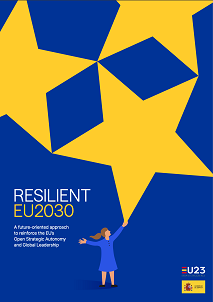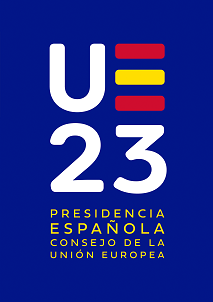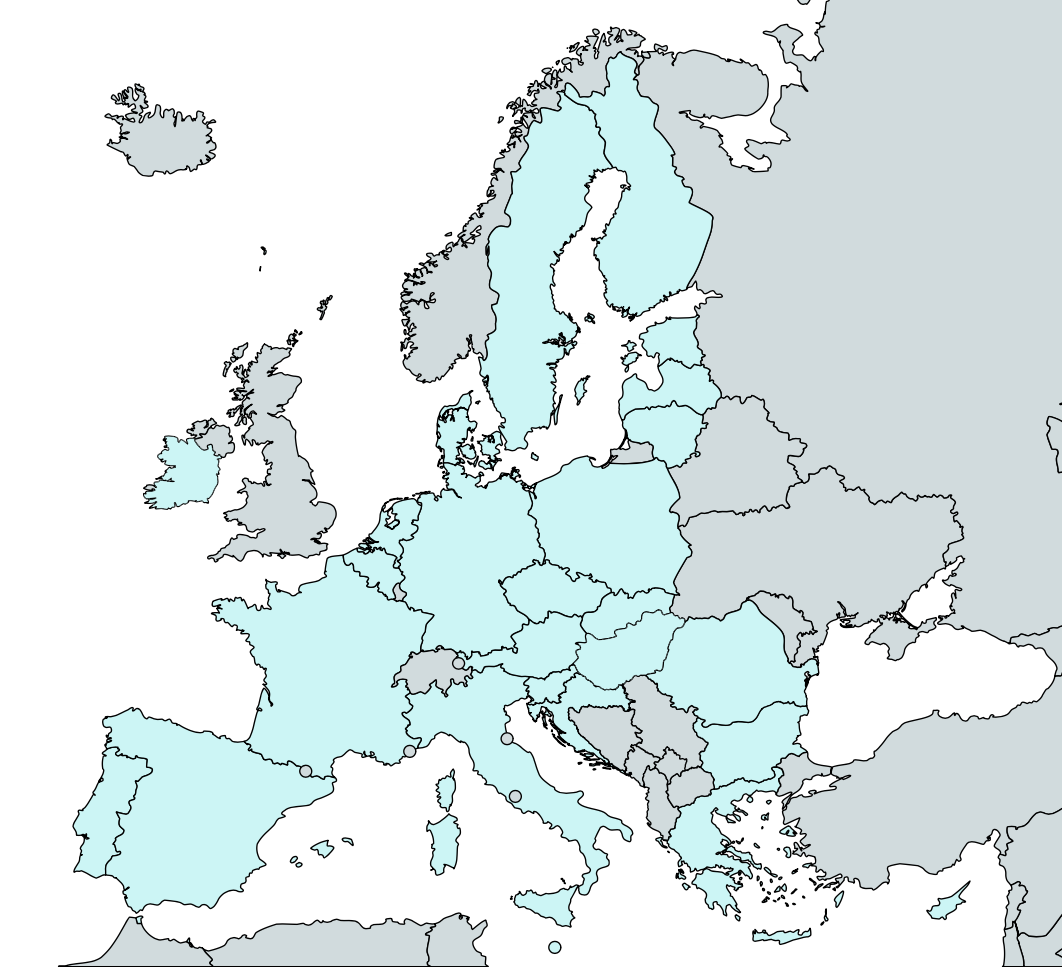The Challenge
International openness is a fundamental pillar of the European Union. Much of the social and economic progress achieved over the past decades would have been impossible without it.
Yet, it is undeniable that the advancement of globalisation, both in trade and capital flows, has also made the EU acquire several dependencies with third countries that, in recent years, have become serious threats for our citizens’ well-being. Global shocks like the Covid pandemic and the Russian military aggression against Ukraine disrupted the supply chains of medicines, microchips, energy and food, causing several shortages, inflationary crisis, and social damage.
European governments need to act swiftly and decisively to address these threats. Specially because there are strong reasons to believe that these vulnerabilities could worsen in the future, due to increasing geopolitical fragmentation, growing competition for some raw materials and technologies, and the impact of megatrends such as climate change.
The solution
The European Commission has suggested the concept of Open Strategic Autonomy as an interpretive key to address such risks and it has crafted important reports and policies to advance it, along with many Member States.
Now, what Europe needs to keep advancing is to create an ambitious and common strategic vision for the future that will help it resolve its foreign vulnerabilities and guarantee its global leadership in this decade
Helping to create that vision was be one of the four priorities of the Spanish Presidency of the Council –a priority that was pursued through three initiatives:

The international order is changing and the EU must change with it. This work is the result of the collaboration of over 250 experts and 80 ministries from the 27 Member States. It proposes an innovative, balanced and realistic roadmap to guarantee the EU’s Open Strategic Autonomy and technological and economic leadership by 2030.
Download Document:

In October 2023, the Heads of State and Government of the 27 met in the city of Granada to discuss the future of the Open Strategic Autonomy and approved a joint declaration that set the future strategic priorities of the EU, following the path traced by the EC and previous presidencies.

Throughout the year, we hosted several high-level meetings and events to discuss the future of the European Open Strategic Autonomy with government officials of the 27 member states. For more information, check this site.
These activities were led by Spain’s National Office for Foresight and Strategy, in collaboration with the Coordination Office for the Spanish Presidency of the European Union, Member States, and the EU institutions.
Ultimately, our goal was to support the creation of a stronger and more resilient EU that can ensure the prosperity and well-being of its citizens in the new global order.
-
27
Governments
-
+80
Ministries
-
9
Forward-looking proposals
Participating Member States
| Austria | Italy |
| Belgium | Latvia |
| Bulgaria | Lithuania |
| Croatia | Luxembourg |
| Cyprus | Malta |
| Czechia | Netherlands |
| Denmark | Poland |
| Estonia | Portugal |
| Finland | Romania |
| France | Slovakia |
| Germany | Slovenia |
| Greece | Spain |
| Hungary | Sweden |
| Ireland |



